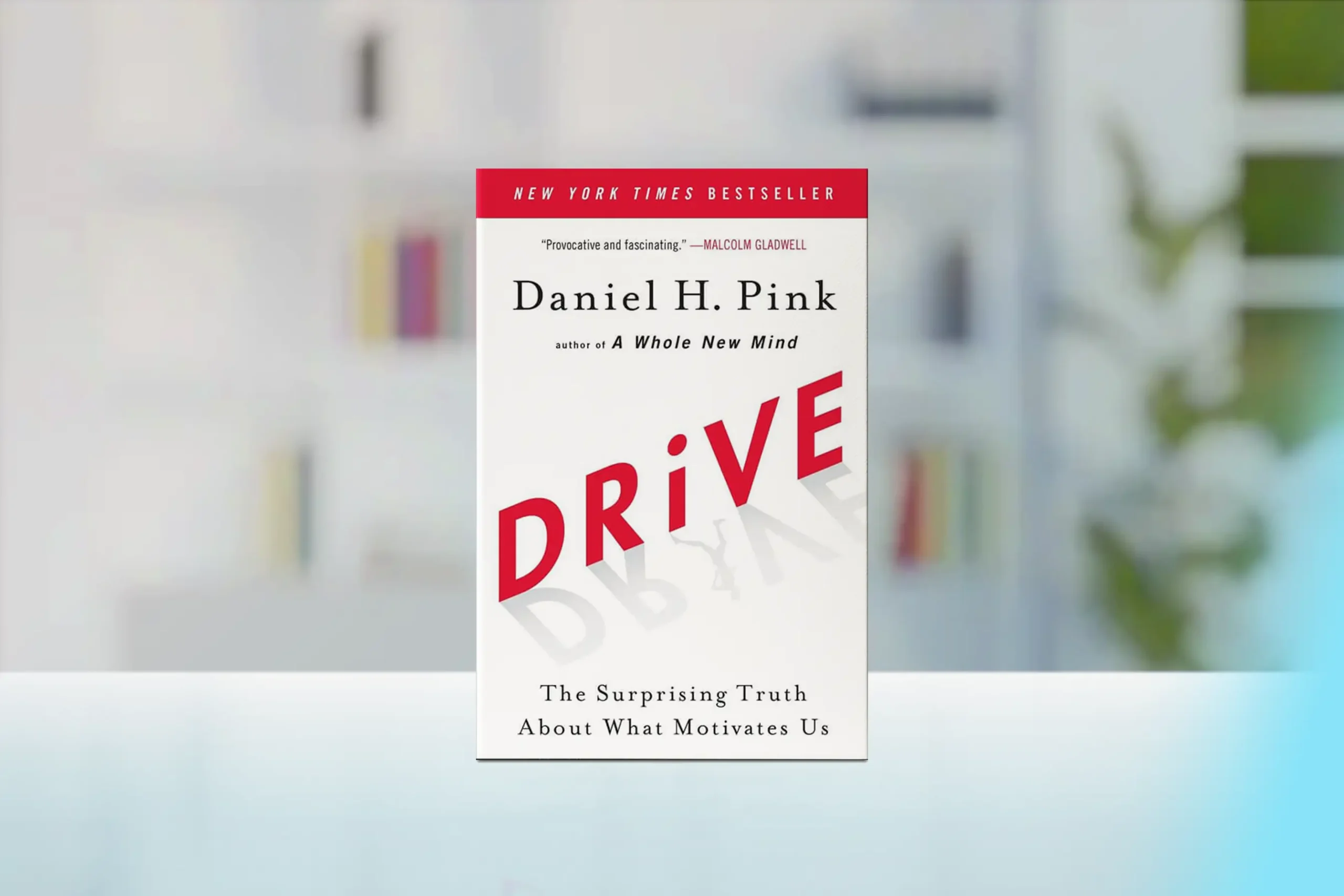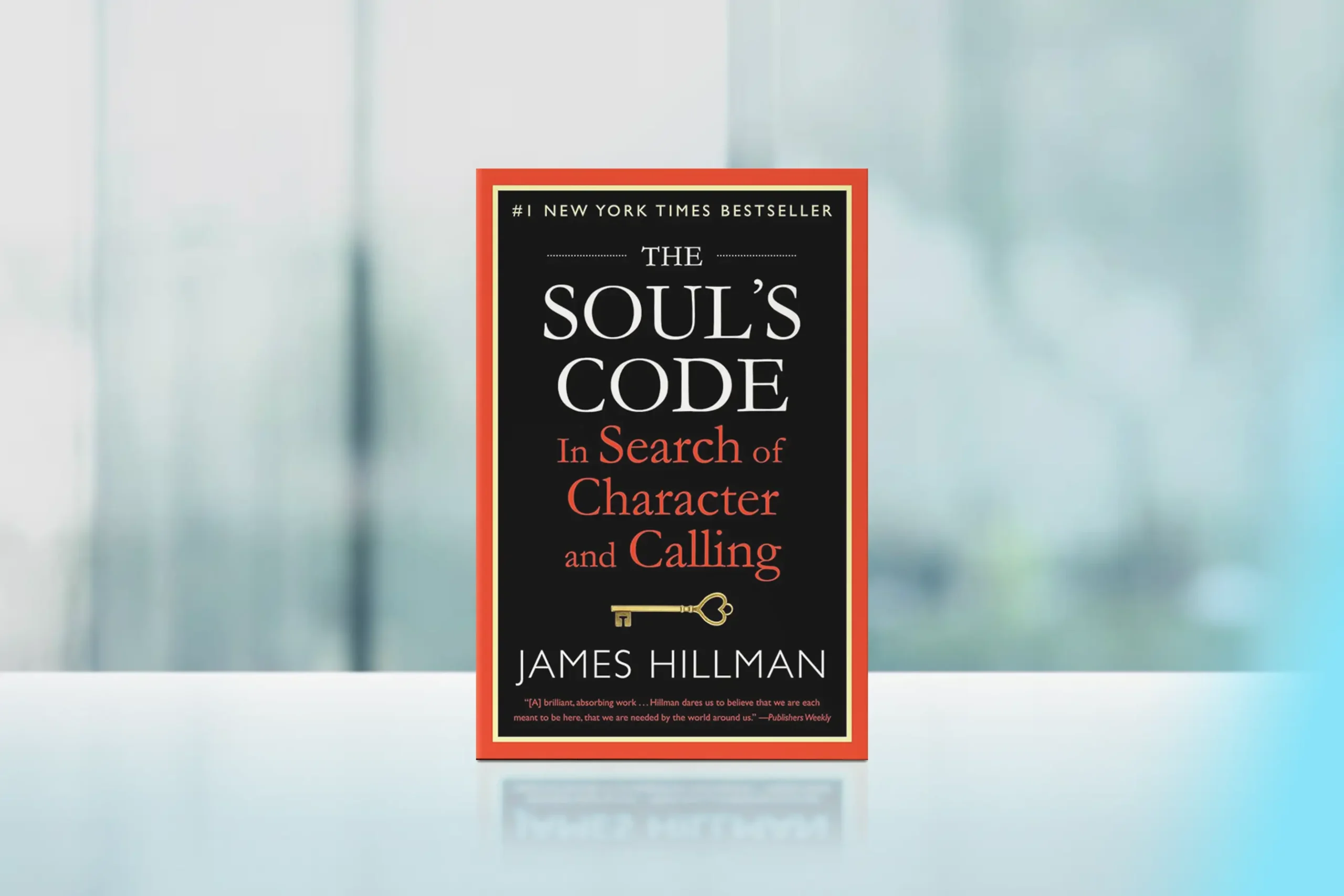In a world where traditional notions of motivation are being challenged, Daniel H. Pink’s “Drive” emerges as a game-changing exploration of what truly inspires us to perform at our best.
Published in 2009, this groundbreaking book offers a fresh perspective on human motivation that has the power to transform how you approach work, creativity, and personal growth.
Core Concepts
At the heart of “Drive” lies the distinction between extrinsic and intrinsic motivation. Pink argues that while external rewards (like money) can be effective for routine tasks, they often fail to motivate us in more complex, creative endeavors. He introduces three elements of true motivation:
- Autonomy: The desire to direct our own lives
- Mastery: The urge to get better at something that matters
- Purpose: The yearning to do what we do in service of something larger than ourselves
By understanding and applying these principles, you can tap into a deeper well of motivation, leading to greater satisfaction and performance in both your personal and professional life.
Chapter-by-Chapter Review
Part One: The Rise and Fall of Motivation 2.0
Chapter 1: The Rise and Fall of Motivation 2.0
Pink examines the limitations of traditional “carrot and stick” motivation systems, showing why extrinsic rewards often fail, especially for tasks requiring creativity or complex thinking.
Chapter 2: Seven Reasons Carrots and Sticks (Often) Don’t Work
Provides evidence that rewards can undermine performance, crush creativity, and reduce long-term motivation.
Chapter 3: Type I and Type X
Introduces intrinsic (Type I) vs extrinsic (Type X) motivation, highlighting the benefits of cultivating Type I behaviors for personal satisfaction and improved performance.
Part Two: The Three Elements of True Motivation
Chapter 4: Autonomy
Explores the human desire to direct our own lives and how autonomy boosts engagement and performance. Pink shares examples from workplaces and education systems where autonomy has been successfully implemented.
Chapter 5: Mastery
Focuses on the drive to improve at meaningful work. Discusses “Goldilocks tasks” and the state of flow as keys to sustained engagement and fulfillment.
Chapter 6: Purpose
Examines the importance of connecting work and life to a larger cause. Purpose motivates individuals to achieve more and find deeper satisfaction.
Part Three: The Type I Toolkit
Chapter 7: The Type I Toolkit
Offers actionable strategies and exercises to foster intrinsic motivation. Provides guidance and additional resources for applying autonomy, mastery, and purpose in personal life, workplaces, education, and parenting.
Key Strengths
- Presents a compelling, research-backed case for rethinking motivation
- Offers practical strategies for implementing autonomy, mastery, and purpose in your life and work
- Engagingly written with a mix of scientific research, case studies, and relatable examples
- Challenges conventional wisdom and offers a fresh perspective on human behavior
- Provides actionable insights for both individuals and organizations
Potential Drawbacks
- Some readers might find the ideas challenging to implement in traditional work environments
- The book focuses primarily on knowledge work and creative tasks, which may not apply equally to all professions
- While comprehensive, some may desire even more practical, step-by-step guidance for application
Who This Book Is For
Drive is a must-read for anyone interested in understanding and improving motivation, whether in their own life or in leading others. It’s particularly valuable for:
- Managers and business leaders seeking to create more engaged and productive teams
- Entrepreneurs and creatives looking to maintain their passion and drive
- Educators interested in fostering intrinsic motivation in students
- Individuals ooking to understand their motivations and align work with their core drives
Final Review
“Drive” is a transformative book that redefines how we understand motivation. Daniel Pink demonstrates how autonomy, mastery, and purpose can tap into intrinsic motivation, fueling both personal satisfaction and professional success.
While applying these principles may require mindset shifts, the rewards include greater creativity, engagement, and well-being. Pink challenges conventional ideas about what drives us, offering practical strategies for personal and professional growth.
Rating: 4.4/5
A paradigm-shifting exploration of human motivation that offers actionable insights for personal and professional growth.
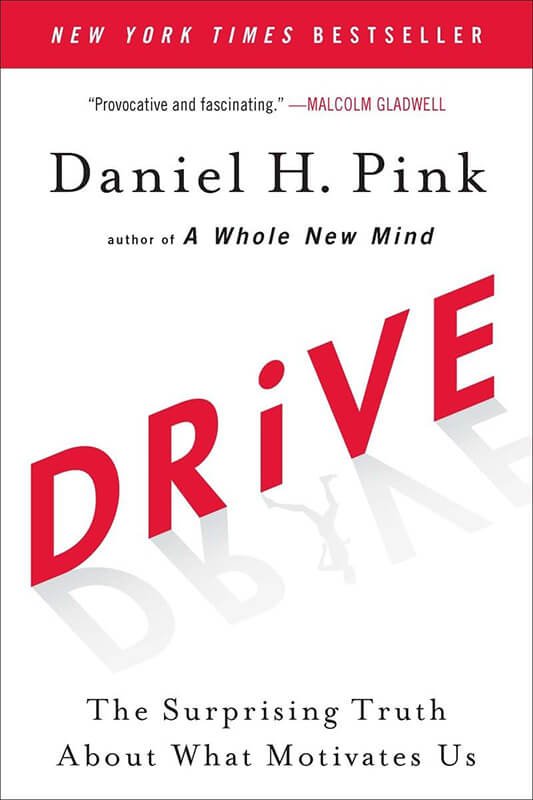
Alternative Books
Here are three related books that further explore motivation and personal development:
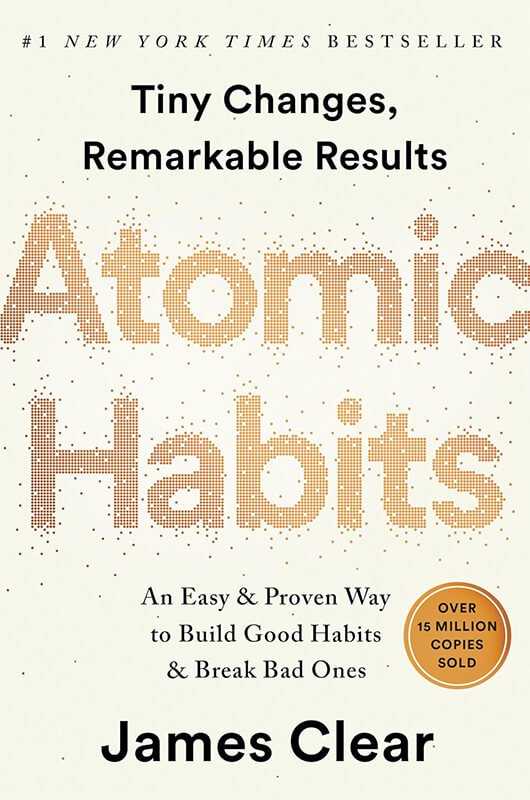
“Atomic Habits” by James Clear
A practical guide to building good habits and breaking bad ones.
Rating: 4.8/5
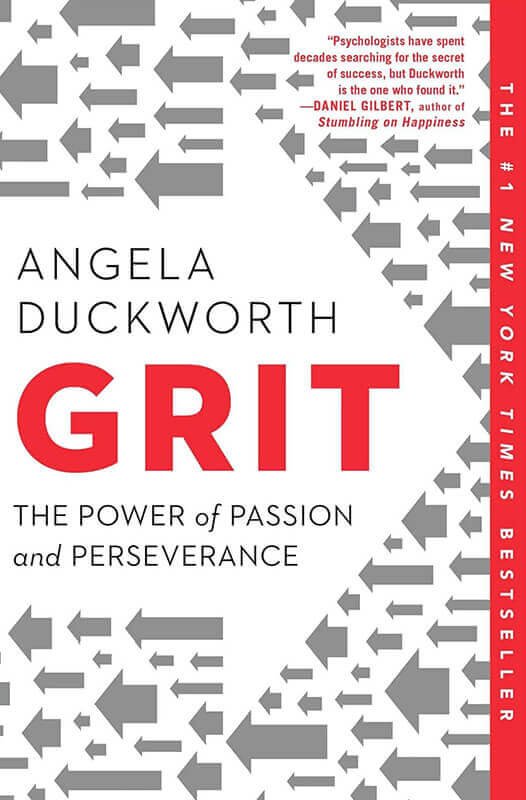
“Grit: The Power of Passion and Perseverance” by Angela Duckworth
Explores the concept of grit as a key factor in success, mastery and long-term motivation.
Rating: 4.6/5
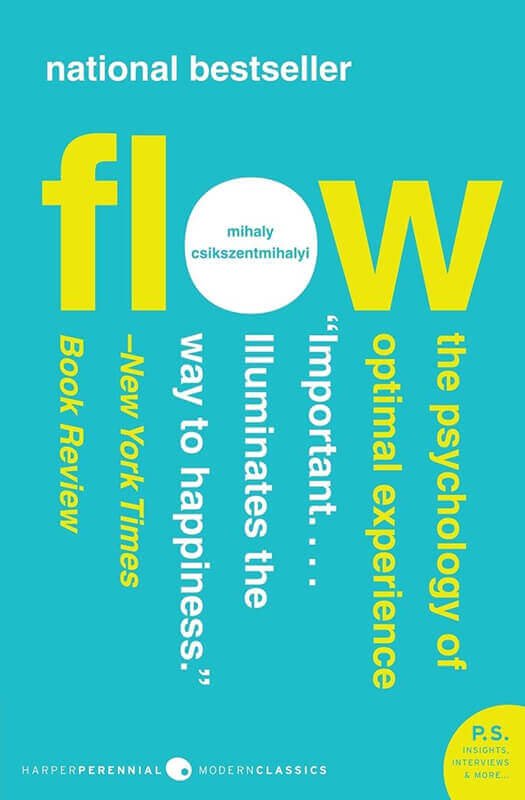
“Flow: The Psychology of Optimal Experience” by Mihaly Csikszentmihalyi
How the flow state help be achieve peak performance and satisfaction.
Rating: 4.5/5

